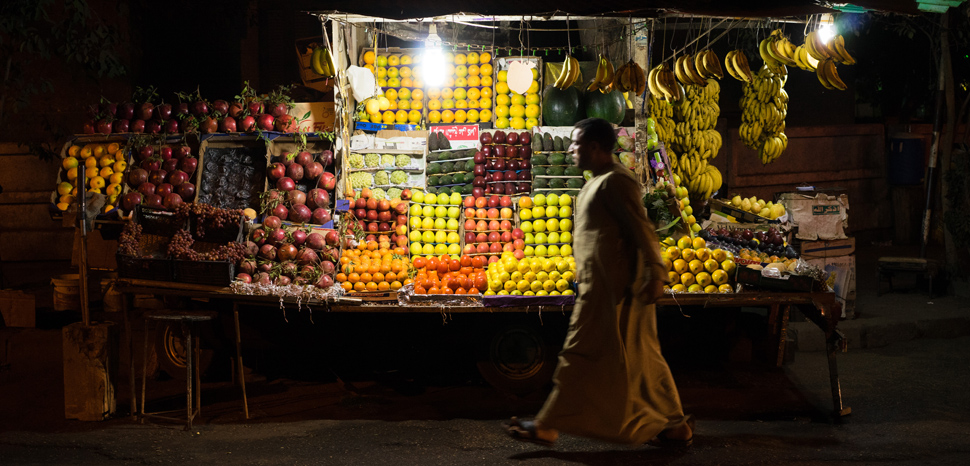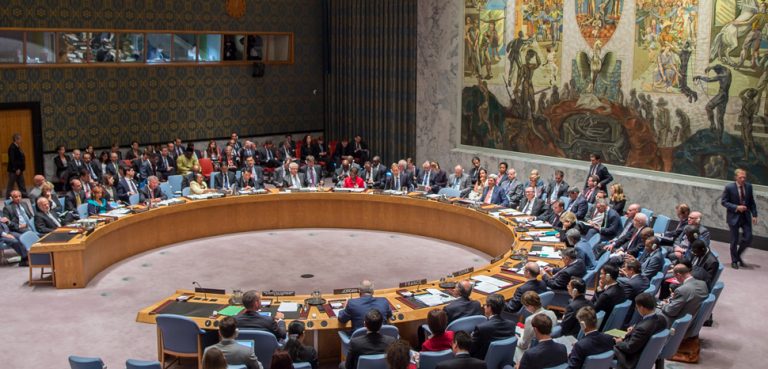In 2016, Egypt embarked on a journey to rebrand itself into a global investment destination five years after the Arab Spring crippled its economy. President Abdel Fattah el-Sisi has implemented monetary and fiscal reforms, enticing foreign investors to flood the Egyptian market with the hope of turning the country into “the most attractive reform story” in the Eastern Europe, Middle East, and Africa (EEMEA) region. Despite his reforms, the pre-revolutionary reality obscures his supposed success. Growth and prosperity have yet to be translated into tangible benefits for a majority of struggling Egyptians. In a country where two thirds of the population are under the age of 30, youth unemployment persists at nearly 30 percent, while 50 percent of the population still lives on less than $2 USD per day. Taking these indicators into consideration, the notion of an Egyptian “reform story” looks more idealistic rather than realistic.
In the wake of COVID-19 and as signs of economic turbulence plague the country, Egypt’s wealthiest citizens have opened their coffers. Billionaire Naguib Sawiris, through his family foundation, The Sawiris Foundation, donated LE 100 million ($6.3 million) to support domestic relief efforts. Sawiris’ donation came days after his controversial statements about Egypt’s partial lockdown. “I will commit suicide if they extend the [curfew] period,” claimed Sawiris, which came after he callously opined that “even if people get sick, they will recover.”
Similarly, Ahmed Sabbour, CEO of Al Ahly Sabbour, affirmed his company’s commitment toward helping local authorities combat the outbreak of the virus. The real estate developer joined forces with the Tahya Masr Fund to donate necessary medical equipment and food, and launched an initiative to support low-income families who were impacted by COVID-19. Businessman Youssef Mansour, Chairman of conglomerate Mansour Group, followed suit with a LE51.5 million ($3.3 million) donation. In addition, wealthy businessman Abul Enein added his own LE78 million ($4.9 million) donation. Although these efforts are needed, they do not address the underlying and deep-seeded socio-economic issues plaguing Egypt.
Philanthropy has deep roots in Egyptian society, culture, and religion, but its impacts are limited. Without disputing the importance and nobility of giving back, the fine print that comes with big philanthropy is often largely overlooked. Since the dawn of the Ottoman Empire, the political and economic elites have papered over the government’s ability to introduce effective measures to reduce the social and economic inequalities.
Statistical trends over the past decade reinforce Egypt’s poor socio-economic reality. As early as 2014, Credit Agricole (Suisse) ranked Egypt as the eighth worst country in the world for wealth distribution. In 2019, the Credit Suisse Global Wealth Databook recorded Egypt’s wealth Gini index at 75.6 percent (0.75), reflecting a level of inequality in wealth distribution that is near imperfect (Gini coefficients closer to 1 denote perfect inequality and coefficients closer to 0 denotes perfect equality). Years of unequal and inadequate distribution of wealth has resulted in the top one percent owning more than half of the wealth in Egypt. These plutocrats that are only now benevolently supporting government efforts to mitigate social, economic, and health risks of the virus lack a thorough understanding of the country’s social and economic inequalities that they themselves have accelerated. This top one percent has been able to wield their status, wealth, and power through a system that has only further decayed Egypt’s economic state.
Today, close to four million Egyptians comprise 50 percent of Egypt’s economy: the informal sector, which is also the most economically vulnerable. Despite el-Sisi’s LE100 million ($6.3 million) stimulus package that included a one-off LE500 ($32) monthly salary aimed at the informal sector, many of these workers are forced to choose between primary exposure to the novel COVID-19, due to the nature of their jobs in unsafe factories and construction sites, or hunger, due to lack of income for those who are working as street vendors and merchants. In fear of economic collapse, Egypt has looked toward relaxing its lockdown and curfew hours. Egypt’s cash cows, the tourism industry, remittances, and Suez Canal revenues, absorbed the biggest blows as global travel and trade came to a near complete halt in the second quarter of 2020. However, in Egypt, where private-sector companies provide the lion’s share of employment, the well-being of the informal sector remains paramount to easing its socio-economic woes and ensuring that this large segment of the workforce can survive economically.
Alia El-Mahdi, the former dean of Cairo University’s Economics and Political Science Department, predicts COVID-19 to have had a temporary negative impact on poverty rates, reported at 32.5 percent. Egypt’s economic pains have certainly been confounded amidst this exceptional period. While the country has navigated the economic turbulence brought on by the 2011 Arab Spring, and preparing to be a regional economic success story, COVID-19 has reminded the country’s leadership the value of the large, yet vulnerable and volatile, informal sector.
Nine years ago, rising unemployment, inflation, social injustice, wealth inequality, and lack of public support brought the Mubarak regime to its knees. To avoid this same fate, el-Sisi’s government must consider progressive macroeconomic reforms of the private sector. Long-term reforms should look toward empowering and safeguarding the informal (labor) workforce by absorbing them into the formal, tax-paying economy. Unemployment benefits, social safety programs, employment protection legislation, and higher wages for women are all prime examples of anti-COVID 19 measures el-Sisi has taken. However, these reforms must be adopted with a longer-term vision and should not be incorporated to solely address a global pandemic, nor should they rely on the generosity of wealthy individuals as the only mechanism to right the wrongs of a poorly managed socio-economic system.
The views expressed in this article are those of the authors alone and do not necessarily reflect those of Geopoliticalmonitor.com or any institutions with which the authors are associated.




